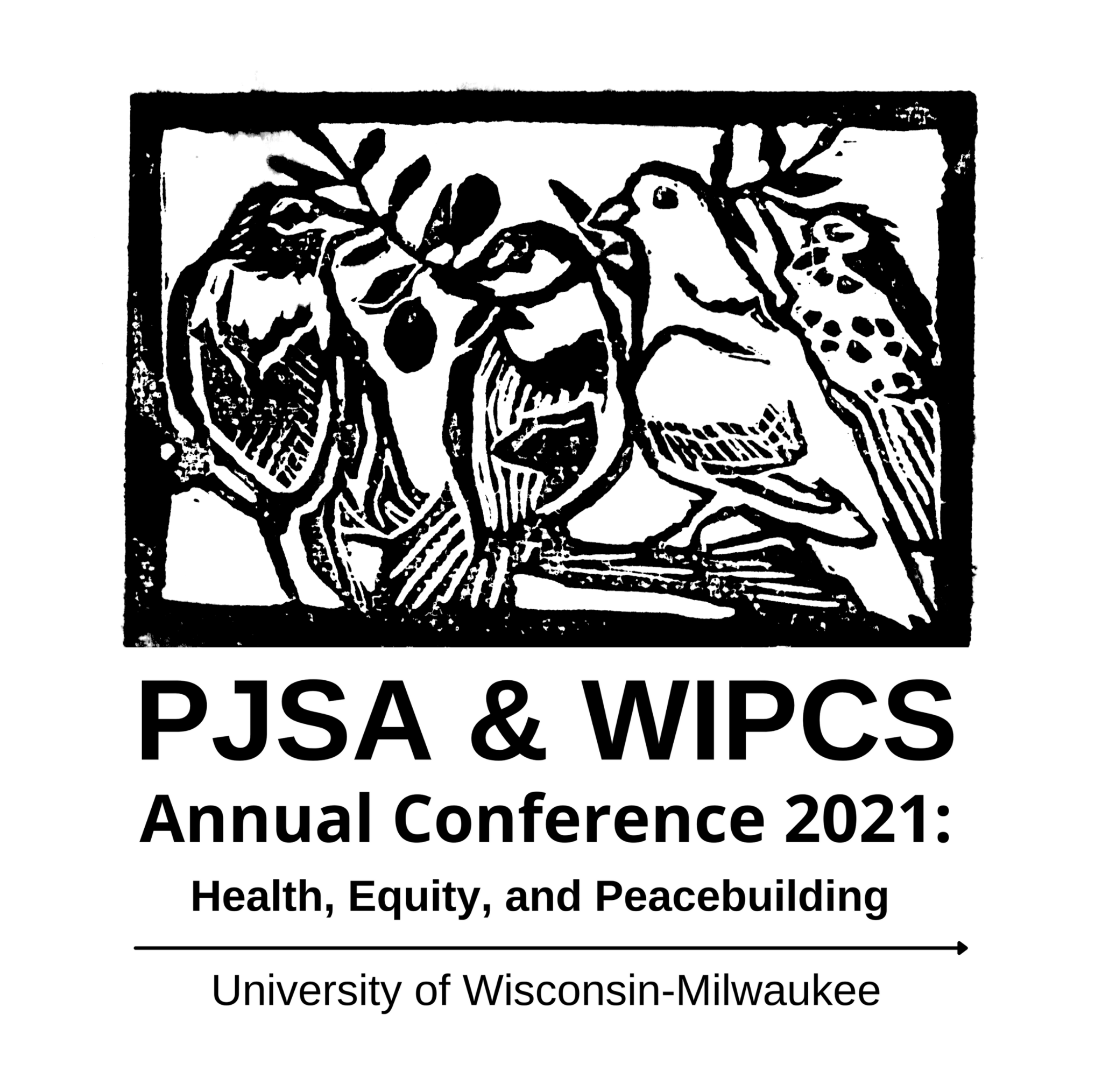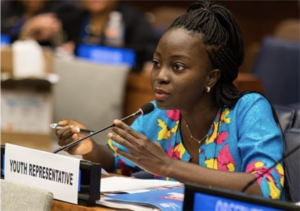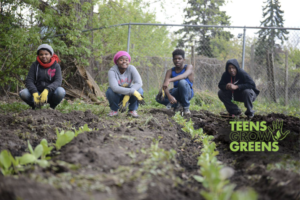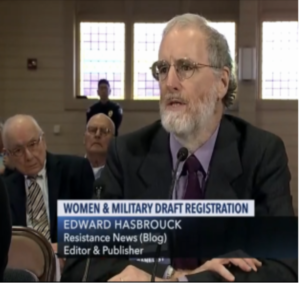Best Undergraduate Thesis of the Year
Sanjam Panag
University of Winnipeg-Menno Simons College, Conflict Resolution Studies BA, June 2021
“The Ongoing Denial of the Sikh Genocide”
This thesis examines the anti-Sikh bloodshed in 1984 through a case study examining the roots of the ethnic conflict from 1947 through 2021. By examining this historically important case, I clarify the process by which genocidal violence occurred against Sikhs in a systemic and orchestrated manner meant to attack the cultural standing of the group. The historical conflict studied includes issues present at the time of the partition, Sikh separatism, paramilitary operations launched by the state, and the contemporary emergence of an ethnic-terrorist narrative about Sikhs.
Using secondary data collection and analysis, the paper demonstrates that the violence of 1984 against Sikhs and argues that it should be classified as a genocide. Through the destruction of Sikh symbols and structures of faith, police manipulation of records, engagement of politicians, and the organized dissemination of violence, Sikhs became targets of genocidal violence. Data has been collected from books, reports, dissertations, and newspapers. This thesis challenges the argument that the 1984 Sikh pogroms were not a genocide and emphasizes the need for proper classification in the creation of building peace in India.
To read the thesis: https://www.peacejusticestudies.org/wp-content/uploads/2021/10/SPanag.pdf
Sanjam Panag is a first-generation Punjabi settler living on Treaty 1 territory. She graduated from the University of Winnipeg this June with a Bachelor of Arts degree in Conflict Resolution Studies and Political Science. While in university, Sanjam was actively involved on campus and in the community. She is now completing a legislative internship at the Manitoba Legislative Assembly for the next year. Hoping to pursue a career in law, Sanjam is dedicated to advocating for conditions that foster inclusivity and equity and forging transformative solutions to multi-dimensional conflicts.
Best Dissertation of the Year

Damon Frederick Lynch
University of Minnesota, Department of Anthropology PhD, August 2020
“What War Does to a Survivor’s Sense of Time: The Spatiotemporal Self After Violence in Tajikistan”
War is so forceful it often seems recent to its survivors regardless of when it occurred. The violent past is alive and lies in front. To understand why I develop a new paradigm called the spatiotemporal self. Although my research is about time and war, my intention is that this paradigm will be of general interest to the social sciences. Based on ethnographic fieldwork conducted primarily in the Badakhshan region of Tajikistan, this interdisciplinary research examines experiences of a civil war that occurred 20 years before and a one-day battle that occurred during the fieldwork.
The spatiotemporal self is a theoretically novel alliance of time and self, brought together by visual perspectives intrinsic to both. Time is conceived of using spatial construals of time — temporal span (T-span), sequence time (S-time), and most importantly, the internal and external variants of deictic time (D-time). The self is conceived of as having four levels that emerged in evolution, from oldest to newest: the protoself, core self, minimal self, and narrative self. The first three levels combine to use a pre-reflective mode of self-consciousness that emphasizes a phenomenological, experiential processing of events; these three levels use a first-person visual perspective of the self. The narrative self level uses a reflective mode of self-consciousness that emphasizes the conceptual meaning of events in the context of broader life and society; this level uses a third-person visual perspective of the self. Because the spatiotemporal self is an alliance of cognitive processes, at the cognitive level it is a human universal.
Ethnographic respondents were asked which visual perspective of the self they used to recall events important to them from the violent past. A first-person visual perspective of the self predominated in which respondents focused primarily on their experience of an event’s concrete details, with a tight focus on the time of the event. Internal D-time was indicated by the past being alive and in front. Respondents were also asked to switch visual perspectives to use the third-person visual perspective, so they could see themselves in the same event from an external perspective using their mind’s eye. Respondents then discussed the event using external D-time and S-time, focusing on the event’s conceptual meaning for self and society.
Respondents’ phenomenological accounts of the past exhibited a complex, multilayered temporal structure. On the one hand, respondents layered time in them conceptually, differentiating past from present. On the other hand, they flattened time in them phenomenologically, almost erasing distinctions between past and present. Both ways of knowing the phenomenological past were equally practical to the respondent, despite appearing analytically incongruous. Moreover, attributions of what happened to respondents in their phenomenological accounts were made under the rubric of the minimal self, despite being articulated by the narrative self. Finally, some phenomenological accounts of the past were symbolic, embedding a generative, conceptual message. A tentative finding is that the presence of temporal layers and generative elements in phenomenological accounts suggests that internal thought might contain generative constructs independent of linguistic expression.
To read the thesis: https://hdl.handle.net/11299/216862
Damon Frederick Lynch has a PhD in Sociocultural Anthropology (2020) from the University of Minnesota. He researches what war does to a war survivor’s sense of time. He has worked for civil society organizations in South and South East Asia, the Middle East, and his home country Aotearoa / New Zealand. He is also an accomplished photographer and software developer. He has an MA (2007) in International Peace Studies from the University of Notre Dame, and a BSc (1994) in Computer Science from Victoria University of Wellington.
Howard Zinn Lifetime Achievement Award
Dr. Lynne Woehrle
Dr. Woehrle is currently Associate Professor and Director of Peacebuilding Programs, College of Nursing, at the University of Wisconsin-Milwaukee. But her work in peacebuilding has been going on for decades. Lynne earned her bachelor’s degree in Peace Studies and African Studies at Colgate University. She earned her master’s degree in International Peace Studies from Notre Dame University, and her PhD in Sociology from Syracuse University. She was an Assistant Professor of Sociology for 5 years at Wilson College. She worked at Mount Mary University for 16 years as a Professor of Sociology and coordinated the Peacebuilding Certificate.
Her areas of emphasis there were social inequalities, conflict, and social movements. Later at Mount Mary she served as Chair of the Justice and Sociology Department. Now at UW-Milwaukee, we know she continues her work in peacebuilding by organizing and co-sponsoring this conference for the Wisconsin Institute for Peace & Conflict Studies and UW-Milwaukee. She has more energy than most people I know. She has many publications–over 50 articles and at least 4 books.
She also has been a leader within the Wisconsin Institute for Peace & Conflict Studies and works with Tosa Together, a Wauwatosa citizen group promoting a welcoming, diverse community with equity and inclusion for all.
Peace Educator-Scholar Award
Dr. Gordon Fellman
Dr. Gordon Fellman, long-time member of PJSA and professor of over 30 years at Brandeis, earned his PhD at Harvard. He teaches courses on Deconstructing War, Building Peace, Social Class and Social Change, Marx and Freud, Sociology of Empowerment, Psychoanalytic Sociology, Sociology of the Israeli-Palestinian Confrontation, and “Public Sociology.” This seemingly disparate listing holds together by way of the central question he poses in his courses, in his book and other writings, and in the undergraduate Peace and Conflict, and Coexistence Studies Program, which he chairs: What are the sources, in history and in the self’s development and inner workings, of unnecessary human suffering? How can it be thoughtfully, carefully, mindfully reduced? Believing that understanding and action must inform each other for both to be most successful, he involves himself in the community — both Brandeis and beyond — from time to time, to try to realize some of the values and ideas he teaches and writes about.
He spent much of the spring semester 1997-98 planning and, with a remarkable group of about 35 members of Brandeis Students for a Free Tibet, carrying out 16 programs called Seven Weeks on Tibet, leading up the Dalai Lama’s May 8-9 visit to Brandeis. In June 1998, Fellman published the book “Rambo and the Dalai Lama: The Compulsion to Win and Its Threat to Human Survival” (Albany: SUNY Press). This book builds from the proposition that until now most encounters have been organized so that the point of them is to overcome the other. Historically, alongside the adversary paradigm and in secondary relation to it is the mutuality paradigm, based on the mutuality assumption that the other can be a friend, a colleague, an ally. Fellman claims that a more fully mutualistic society is already at hand. For that we are all grateful.
Next Generation Peacemaker Award
Victoria Ibiwoye
Victoria Ibiwoye is the Founder and Director of OneAfricanChild Foundation for Creative Learning. a youth-led NGO addressing the inequality in education through experiential workshops focused on global citizenship education for low-income community children in Nigeria. Victoria has addressed leaders at the United Nations and at several high-level consultations, calling on governments and key education stakeholders to prioritise quality and inclusive education for all.
Currently, she serves as the Youth Representative to the SDG-Education 2030 Steering Committee and previously a youth ambassador of the Global Education Monitoring (GEM) report on “Accountability in Education” calling on governments to and enforce the right to education in national laws and in practice. Victoria is also a professional facilitator and has facilitated workshops for institutions like the United States Institute of Peace, Equitas International and the Institute of World Affairs. In 2017 and 2018, Victoria was named as one of 100 Most Influential Young Africans by the African Youth Awards. She is also a 2019 Mandela Washington Fellow and a recipient of the Princess Diana Awards for her contribution to education advocacy and youth development.
Next Generation Peacemaker Award
Teens Grow Greens
Teens Grow Greens has at the top of their home webpage, “We grow more than plants!” WE DEVELOP TEENS through transformative experiences that cultivate belonging, skill-building, and connections to opportunities that grow leadership. WE BELIEVE IN a future of healed and healthy Teens leading change in their communities.
In 2022, Teens Grow Greens will offer a series of three paid leadership internships for high school students: Leading My Life: Healthy Brains, Bodies, & Bank Accounts; Leading For Justice: Food Apartheid & Urban Gardening; and Leading Through Innovation: Entrepreneurship & Personal Branding. Internships can be experienced alone or in combination, but all three provide life and career skills training through hands-on learning, guest speakers, and field trips, and are grounded in our values of Respect, Responsibility, and Resilience. Personal and community leadership is developed in each internship, with those Teens in one internship leading the orientations for the next group of Teens. And every Teen leaves with a resume, digital badges connected to skills they have acquired, and connections to jobs and other opportunities after they graduate. The “roots” of all 3 internship experiences are RESPONSIBILITY, RESPECT, and RESILIENCE. These foundational values apply to the Self, the Team, and the Environment, and are integrated into every aspect of the program.
Social Courage Award
Edward Hasbrouck
Edward Hasbrouck is an author, journalist, blogger, consumer advocate, human rights advocate, speaker, and travel expert. However, we are honoring him for his work as the military draft, draft registration and draft resistance, and “Selective Service.” Mr. Hasbrouck has written hundreds of articles, created videos and podcasts for information to help others make a decision, testified in court for refusing to register for the draft, and in the 1980s, he and 8 other young-then men went to prison for refusing to fight with those who became the Taliban and Al Qaeda.
He has been working diligently in the last few years to stop the required registration of women, which could began as soon as 2023. A recent letter to Congress from opponents of draft registration states, “”The choice is not between male-only draft registration (which is likely to be found unconstitutional) and expanding registration to women. The real choice is whether to expand registration to women or to end it entirely. This is a choice about militarism, not a choice about gender equality. “Expanding draft registration to women would bring about a semblance of equality in war (although women in the military would likely still be subject to disproportionate sexual harassment and abuse). Ending draft registration would bring about real equality in peace and freedom.” We are grateful for his tireless work and dedication.
Social Courage Award
Venice Williams
Venice Williams is the Executive Director of Alice’s Garden Urban Farm and its visionary leader. Alice’s Garden, located on the north side of Milwaukee, provides models of regenerative farming, community cultural development, and economic agricultural enterprises for the global landscape. Venice’s love of of cultivating plants rests in her ancestral Choctaw and African-American farming traditions. She has a widely-celebrated herbal apprentice program, guiding her community in the reclaiming and celebrating of herbal traditions.
She is also an ELCA minister, leading a spiritual community called The Table. In addition, she is the co-founder of the Kujichagulia Producers Cooperative, represented by a store inside of the Sherman Phoenix. Venice calls herself a cultural and spiritual midwife, strongly believing she was put in Creation to help bring forth all that is good and whole in people and places. She has been doing just that in Milwaukee for the past thirty-two years.
In addition to the awards presented by the Peace and Justice Studies Association, the conference so-sponsor, Wisconsin Institute for Peace and Conflict Studies, will also present awards:
Dick Ringler Distinguished Peace Educator Award
This award recognizes individuals for a notable contribution to educating their community on peace and conflict issues.
- Janan Najeeb (2019-2020) Janan Najeeb is President of the Milwaukee Muslim Women’s Coalition and Director of the Islamic Resource Center.
- Geoff Bradshaw (2020-2021) Geoff Bradshaw is Associate Vice President of Intercultural Education at Madison College.
- Joanne Lipo Zovic (2021-2022) Joanne Lipo Zovic is a faculty member in the Master of Sustainable Peacebuilding program at UW-Milwaukee and a facilitator at Mediate Milwaukee.
All three honorees embody the Institute’s mission to promote an informed understanding of peace, justice, and conflict, and to encourage students, teachers, academics, and the public to become engaged global citizens working toward a just peace.









